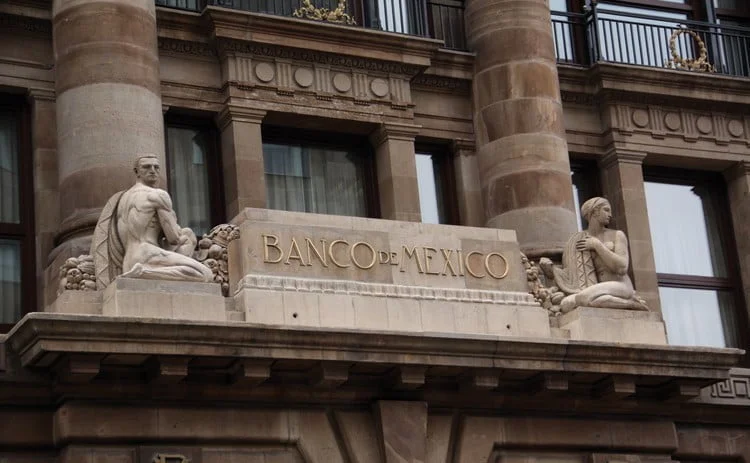Alejandro Daz de León, the governor of the Bank of Mexico, dismissed Bitcoin (BTC) as a valid legal tender, citing price volatility as a key hindrance to the cryptocurrency’s broad acceptance.

When compared to the central bank’s fiat money, Daz de León remarked in a Reuters interview that Bitcoin’s place in today’s financial system resembles “a dimension of precious metals.“
In contrast to El Salvador’s widespread Bitcoin adoption, which mandates businesses to accept Bitcoin payments, Mexico’s central bank chief cast doubt on Bitcoin’s viability as a legal tender:
“Whoever receives bitcoin in exchange for a good or service, we believe that (transaction) is more akin to bartering because that person is exchanging a good for a good, but not really money for a good.”
When dealing with cryptocurrencies, Daz de León also noted the inherent risk of everyday price volatility. Coincidentally, the Salvadoran government witnessed this risk just one day after adopting Bitcoin as legal cash and purchasing its first 200 BTC for $10.4 million.
Salvadoran President Nayib Bukele took advantage of the situation by announcing the purchase of more Bitcoin during the slump, bringing his total holdings to 550 BTC. This move, according to Bukele, saved his government “a million dollars in printed paper.”
The governor of Mexico’s central bank emphasized the importance of consistency in payment execution and value, saying, “People will not want their purchasing power, their wage, to move up or down 10% from one day to the next.” You don’t want your purchasing power to be so volatile. In that respect, it isn’t a good value safeguard.”
Mexico’s finance ministry issued a warning against institutional sales involving digital currencies on June 28, citing risks connected to payments and value fluctuation.
No financial institutions in the country are authorized to “carry out and provide to the public operations using virtual assets,” such as Bitcoin, Ether (ETH), and XRP, according to the regulators.
